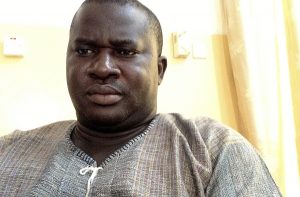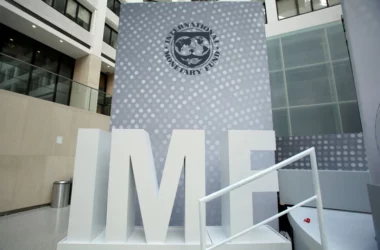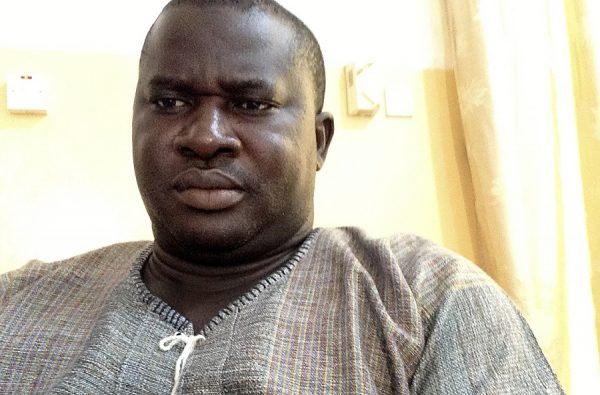
“For freedom, we know, is a thing we have to conquer for ourselves, every day, like love; and we are always losing freedom, just as we are always losing love, because, after each victory, we think we can now settle down and enjoy it without further struggle…. The battle of freedom is never done, and the field never quiet.” Henry W. Nevinsona
Everyday happenings tell us that freedom is not a destination, a place to arrive at. And certainly not a resting place where tools are rested too. It is circle, without a beginning or an ending. It is a journey and at every stop, the traveller is reminded that he or she has miles to go and without sleep. The realities of today speak to that unadorned fact.
Removal of Jammeh was probably the “easiest” in our struggle, the sacrifices and sufferings encountered recognised nonetheless. Sustaining the gains of that struggle, establishing a culture of human rights, making each a human rights protector and defender, instilling the values of the struggle in the bosom of every citizen is providing nightmarish.
It is always an existential struggle between the State on one hand and citizens on the other, one ever ready to restrict and constrict, the other fighting for enlargement and greater, unrestricted respect and protection of human rights. In between though, especially on the side of the people, would be sabotuers, those who would want to deny to themselves and others the freedoms and rights they vigorously fought for.
If eternal vigilance is the price we each must pay to preserve and protect the little gains in freedom we have achieved, then each must be prepared to fight for it, to demand accountability, to hold duty bearers to their words and obligations, to insist on nothing but what is right.
Without the enjoyment of human rights, the desire to live in dignity becomes difficult. Without the creation or existence of the conditions for the enjoyment of rights, the ownership over rights become tenuous. If by rights we refer to those conditions of living without which no person can be that best self he or she wants to be, then all of us ought to be human rights defenders and advocates.
The intellectuals with consciences must be ready to speak out. The intellectual can no longer anaesthesize himself or herself from the wrongs and happenings of today and remain happy. “Every time an intellectual has the chance to speak out against injustices, and yet remains silent, he contributes to the moral paralysis and intellectual barrenness” of the society he or she is part.
It is a journey without an end, the fight for freedom.












